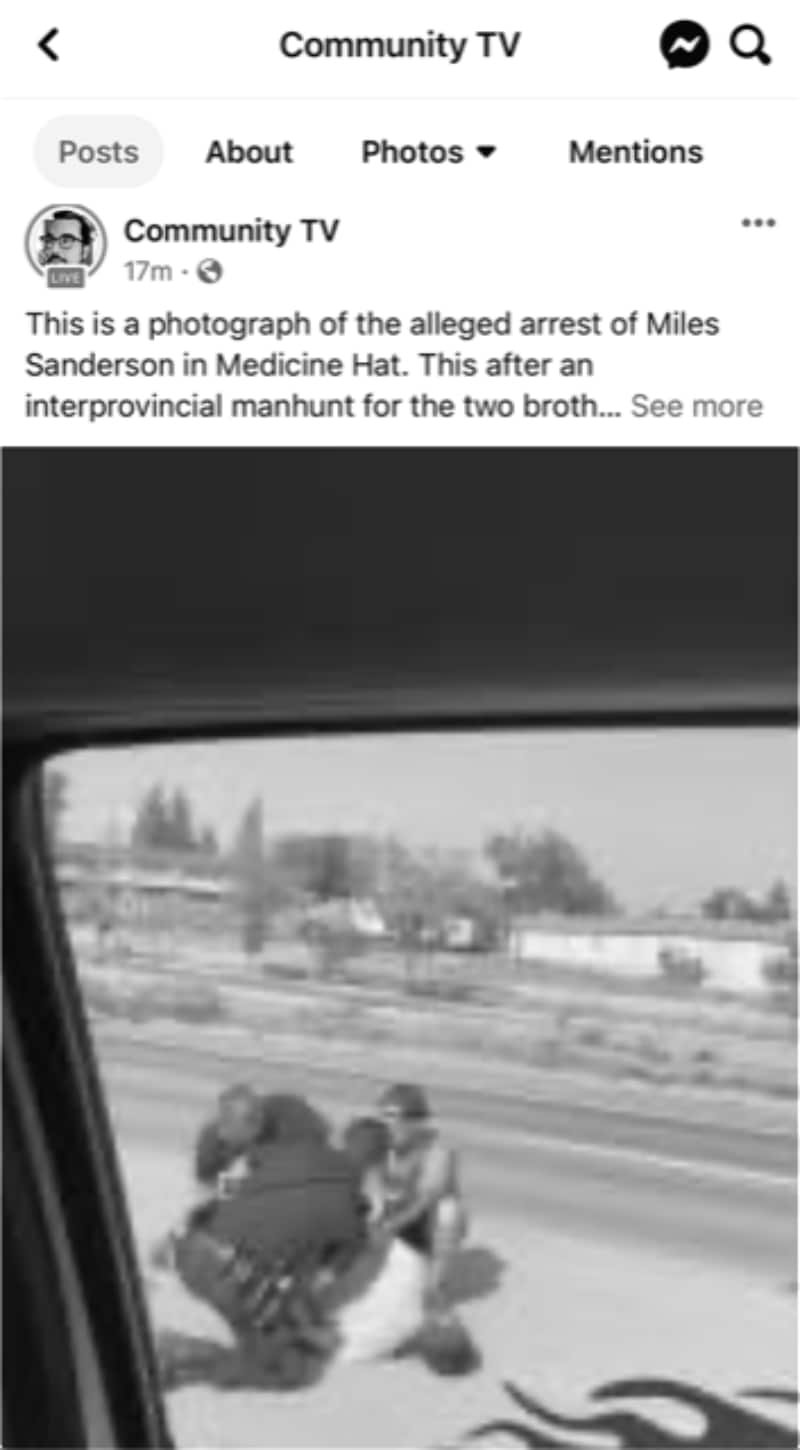Check It Out: History worth repeating
By Joan Janzen
“I failed history again,” the student told his friend. “I guess those who don’t learn from history are doomed to repeat it.”
I was reminded of those words while listening to a couple of well-known broadcasters from years gone by. One of those famous individuals was Paul Harvey, who was remembered for his short history clips ending with the words “and now you know the rest of the story.”
Harvey also conducted interviews, one of which was with Billy Graham. Graham recalled his surprise in September of 1949 when he arrived at the stadium and found the place packed with reporters. The next day he was featured in all the influential newspapers, which were controlled by the powerful newspaper mogul, William Hearst, who had ordered all his city editors to follow Graham’s crusades.
Graham said he had never met Hearst and didn’t know why he favoured him with such publicity when he had received no attention from the press during his previous ten years of public speaking. From that moment on, his speaking tours became an overnight phenomenon.
“I had an average of fifteen to twenty reporters who travelled with me full time as I went to universities and stadiums,” he said. He was featured by Associated Press, Times magazine and others, while stadiums were filled with people wherever he went. “There were five newspapers in Boston, and each one sent their reporters; it was a newspaper war,” he recalled.
While he experienced the benefits of positive press coverage, he also became acquainted with all the presidents throughout several decades. He was happy to spend time with any president, regardless of what party he represented. It was said that every occupant of the White House sought out his council and advice.
After hearing that interview, I listened to Paul Harvey being interviewed by Larry King, which was noted as one of his most popular broadcasts. Harvey said he selected stories that “you need to know and those you want to know.” His son, Paul Jr., wrote the scripts for the short historical clips. “He was scrupulous and had two independent sources on anything he used and three for controversial issues,” Harvey said, which may be why millions of people listened to him on the radio.
Larry asked Harvey, “What keeps you optimistic?” His response was, “Doesn’t a historian have to be? Tomorrow has always been better than today, and it always will be.”
During the interview, Harvey repeated one of his clips about an inexperienced disc jockey from New York who had been taught how to handle the English language. Harvey said while the average broadcaster boasts about their own knowledge and asks his guest to respond with a yes or no, this interviewer asks short questions.
“He learned the significance of brevity,” Harvey said. “That’s when he became Larry King. And now you know the rest of the story.”
As a television host, Larry King hosted over 50,000 interviews. His guests included presidents, foreign dignitaries, national heroes, musicians, athletes, celebrities, evangelists, broadcasters and more. Each one was given King’s undivided attention and asked brief questions. But King never revealed his own personal opinion or bias, which is why his show became the most popular and highest-rated talk show on the air.
However, taking a stand on social issues wasn’t always popular. Back in the 50s, Graham said they demanded integration from the very beginning of their meetings. “I don’t think many people knew what it took to get that way, how many threatening letters we got, and how many threats we received against our family as a result of the stand we took.” Graham would tell his audience, “We are all of one blood under heaven.”
When Harvey was asked how the news has changed through the years, he replied, “Now everybody is expressing their views. Today everyone can comment for better or worse.”
Unfortunately, “gaslighting” has become a common practice in media in an attempt to gain power by distorting reality. An example is the use of the word “allegedly” in headlines and news feeds. The word conveys that something is claimed to be the case or has taken place, although there is no proof. However, this is extremely hazardous if people completely ignore the use of the word “allegedly” and share it as accurate information.
Does history repeat itself? In the case of broadcasters such as Larry King and historian Paul Harvey, it would be beneficial if the media repeated and employed their reporting techniques. Larry King believed short and direct questions usually provided the best answers. Now that’s history worth repeating.
Community TV, based out of Medicine Hat, put out a false report last Monday about the alleged arrest of Myles Sanderson. The post was up for over an hour before Medicine Hat Police confirmed that it was in fact, false.
FACEBOOK SCREENSHOT

